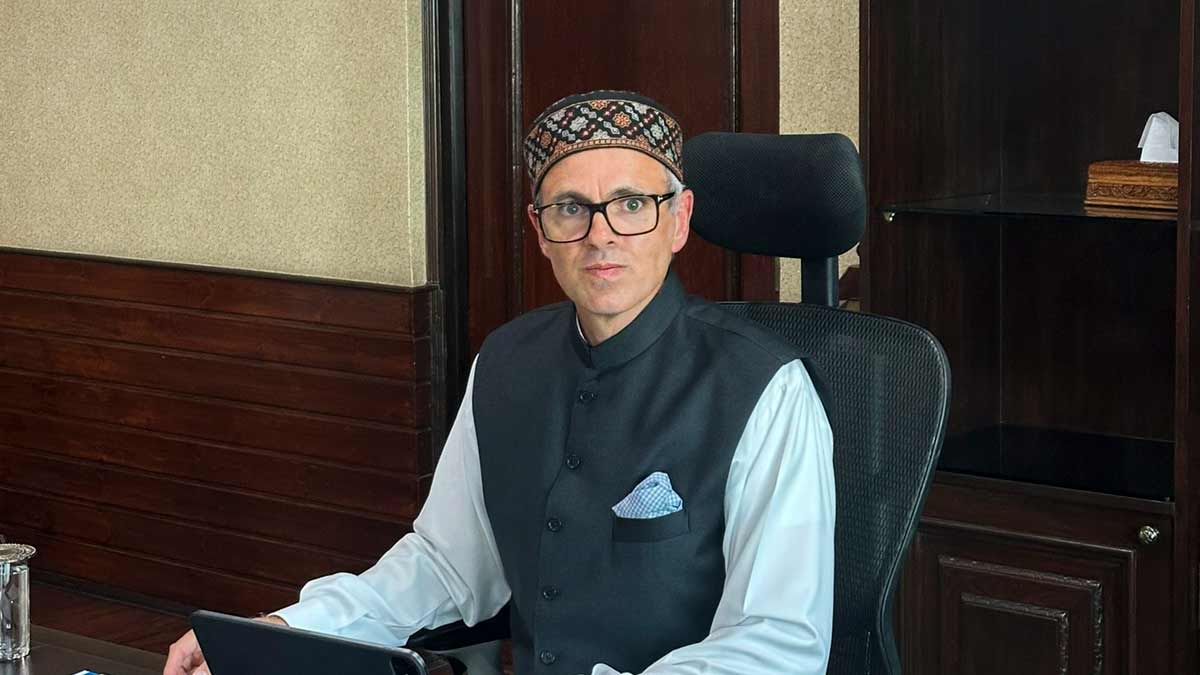Jammu and Kashmir Chief Minister Omar Abdullah has cancelled all engagements in Jammu to remain in Kashmir for the next week, citing the need to manage disruptions caused by record-low temperatures in the valley.
The severe cold has exacerbated the power outages and water supply disruptions.
Abdullah said that the ongoing cold spell has significantly worsened public hardships, making it necessary for him to oversee the power department and other essential services personally.
“In light of the severe cold spell in the Kashmir valley and the resultant difficulties with water and electricity supply,” Abdullah posted on X, “I have decided to cancel my forthcoming programmes in Jammu and station myself in Srinagar for the next week to personally monitor the functioning of the power department and other important departments.”
He said he understands that cancelling programmes in Jammu will cause some inconvenience to the organisers and expressed regret for the same.
In light of the severe cold spell in the Kashmir valley & the resultant difficulties with water & electricity supply, I have decided to cancel my forthcoming programmes in Jammu & station myself in Srinagar for the next week to personally monitor the functioning of the Power…
— Omar Abdullah (@OmarAbdullah) December 22, 2024
“However, under the circumstances, this is the right thing to do and I will make it up to the people/organisations whose programmes have been affected,” he said.
Abdullah, currently in Jaisalmer, confirmed he will return to Srinagar by Monday morning.
Kashmir is currently experiencing Chilla-i-Kalan, the harshest 40-day winter period, which began on December 21.
#WATCH | Srinagar, J&K | A tourist says, "...It is an amazing place. I have visited Jammu and Kashmir for the first time. The temperature here is freezing. Snowfall has started in Sonmarg..." https://t.co/rKoGI3rovW pic.twitter.com/czMkgOatX1
— ANI (@ANI) December 21, 2024
The intense cold has further strained daily life, leading to frequent power cuts and water shortages.
Educational institutions have been closed for winter until the end of February.
Doctors have warned that the extreme cold has increased the risk of heart attacks, particularly in the elderly Medical professionals have also advised diabetic patients to avoid exposure to the cold and exercise caution during this period. Abdullah’s decision underscores the administration’s focus on mitigating the challenges as temperatures plummet.



